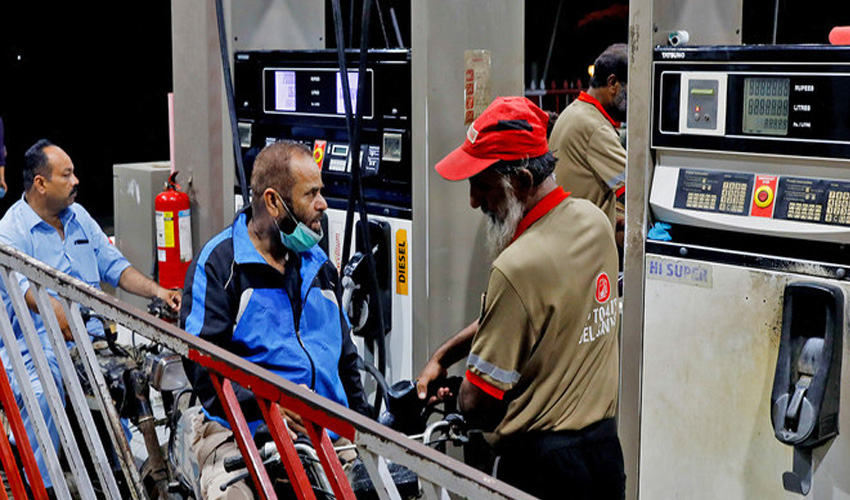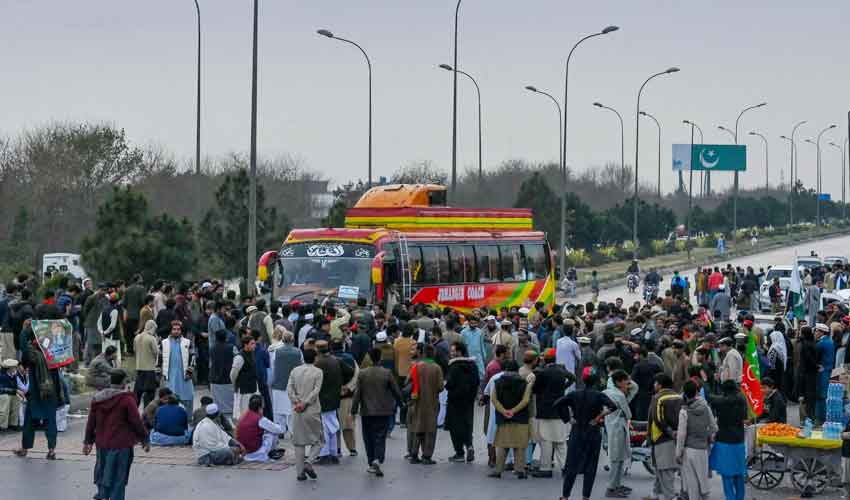Tran Thi Phuong's journey from pursuing a master’s degree in information systems at Melbourne University to securing employment in Australia has been fraught with challenges.
Despite her two years of experience at EY Vietnam and a prestigious degree, Phuong struggled to find a job after graduation. She, like many others, faced a barrage of rejection letters and no responses to her numerous job applications.
After nine months of relentless effort, Phuong finally landed a position as a strategy analyst at a land consulting firm associated with the Western Australian state government in Perth, thousands of kilometres away from Melbourne. Her experience mirrors the broader challenges encountered by temporary graduate visa holders in Australia as they navigate the job market post-graduation.
A report from the Australian government's Quality Indicators of Learning and Teaching suite revealed that a significant percentage of international students with undergraduate and postgraduate research degrees remained unemployed for at least six months after graduation.
The struggle persists even for those like Moin Rahman, a Bangladeshi graduate in civil engineering from the University of Queensland, who faced numerous obstacles despite submitting over 80 job applications.
The challenges extend beyond securing employment, with many international graduates finding themselves underpaid and accepting jobs unrelated to their fields of expertise.
The Grattan Institute's report highlighted that a substantial portion of international graduates in Australia end up in low-skilled jobs, earning significantly less than their domestic counterparts.
The difficulties faced by international graduates are compounded by visa uncertainties and employers' reluctance to hire foreign graduates due to perceived visa status issues. Discrimination based on English language proficiency and cultural fit also adds to the hurdles faced by international graduates in the job market.
Policy changes announced by the Australian government, including reductions in post-study work visa durations and age limits, are poised to further impact employment opportunities for international graduates. While some view these reforms as promoting sustainability and fairness, others express concerns about the potential negative consequences for international students and Australia's economy.
Despite the challenges, there remains a glimmer of hope among international graduates like Phuong. With determination and resilience, they continue to navigate the complexities of the Australian job market, determined to overcome obstacles and build successful careers in their adopted country.



























